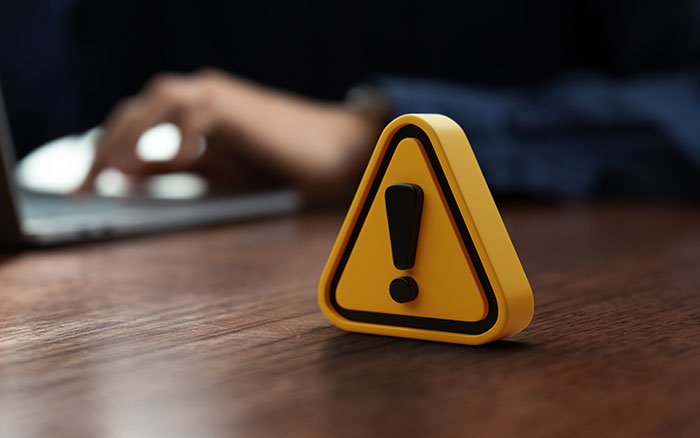We are often asked about the risks of becoming a company director and what the differences are to being a shareholder.
Shareholders own the company and appoint the directors, whilst directors run the company on behalf of the shareholders. In owner-managed businesses, the shareholders and directors overlap.
You should be clear on directors’ roles and responsibilities:
- a director’s role is to act in the best interests of the company and its stakeholders, while ensuring the business complies with the law;
- a director should only act in accordance with its company’s constitution, as set out in its Articles of Association;
- a director has legal responsibilities as set out under the Companies Act 2006 (s171-177) together with wider fiduciary duties; and
- directors are responsible for all the company’s statutory filings, (such as annual accounts and conformation statements).
All directors have the same statutory duties regardless as to whether they are called a sales director or a finance director.
Directors can make decisions in board meetings, with a majority vote or by passing resolutions on which often all directors need to agree, although of course in many small private companies, directors often make day-to-day decisions informally, which is fine, so long as they act within their powers and in line with their duties.
A director can face potential liabilities such as:
- Civil liability – Compensation claims from shareholders or the company for breach of duty, for example promoting personal interests over the company’s.
- Criminal liability – For offences such as failing to keep proper books and records, file accounts, health & safety breaches, fraud, bribery.
- Disqualification – The Insolvency Service can ban directors for up to 15 years if unfit in respect of ”wrongful trading”, ie continuing to trade when the director knew or should have known there was no reasonable prospect of avoiding insolvency.
- Personal liability – which is possible if they give personal guarantees, commit wrongful trading, or breach certain statutory duties.
On the other hand, shareholders’ risks are limited to losing their investment in the share capital they have acquired, (together with any given personal guarantees they may have provided eg on the company’s borrowings).
Shareholders vote at general meetings, but they are not responsible for the day-to-day running of the company.
Shareholders need a 75% majority to pass “special resolutions” and 50% to pass “ordinary resolutions”, with special ones usually relating to fundamental structural or constitutional changes, such as:
- altering the company’s Articles of Association
- selling the business
- changing the company’s name
- altering the share capital
Ordinary resolutions normally deal with more routine matters such as:
- approving certain transactions with directors
- removing directors
- approving “final” dividends
Happy to answer any questions you may have.
Thanks
Rob
